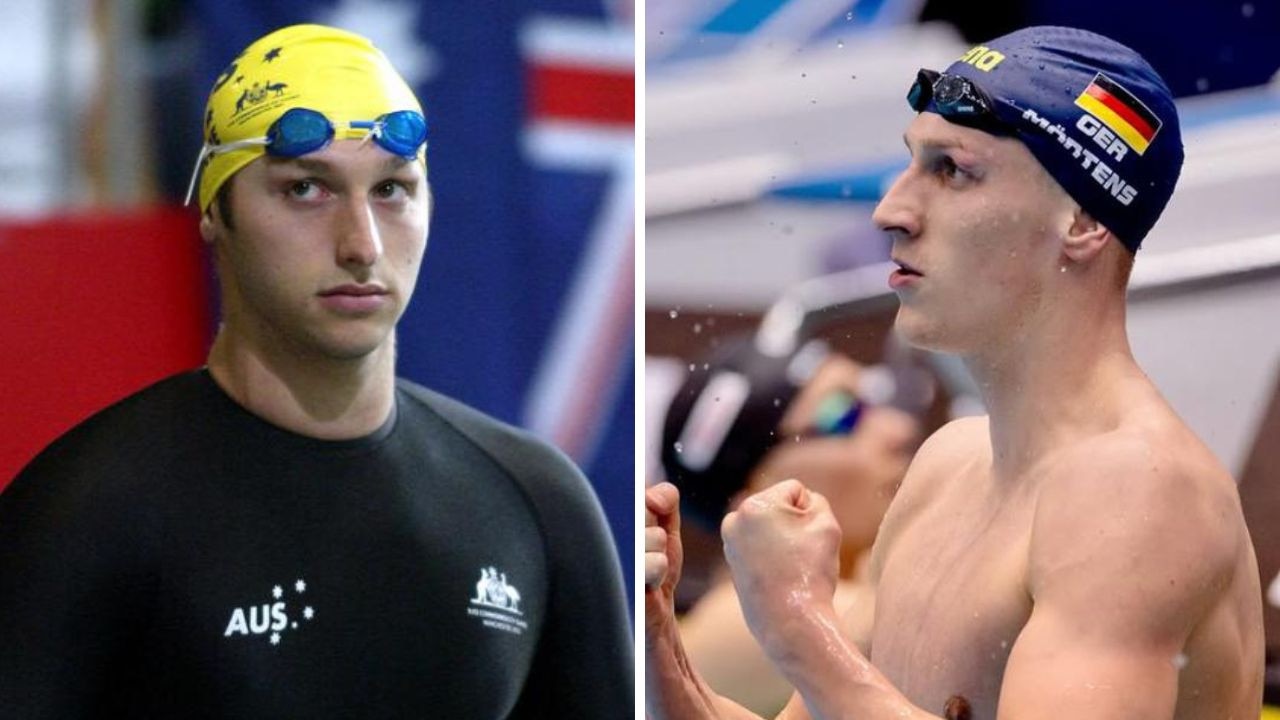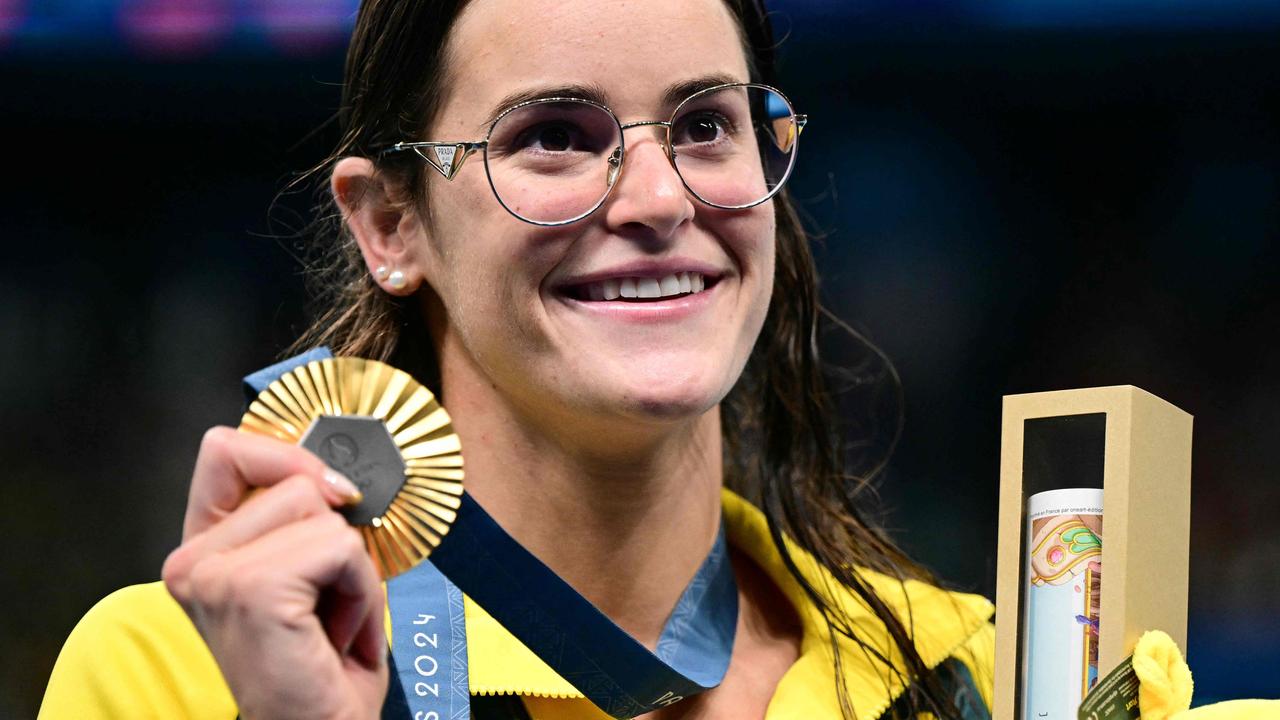New documentary raises fresh questions about Chinese swimming drugs case
A new documentary has revealed a fresh twist in the Chinese doping saga that has rocked the world of swimming and sport around the globe.
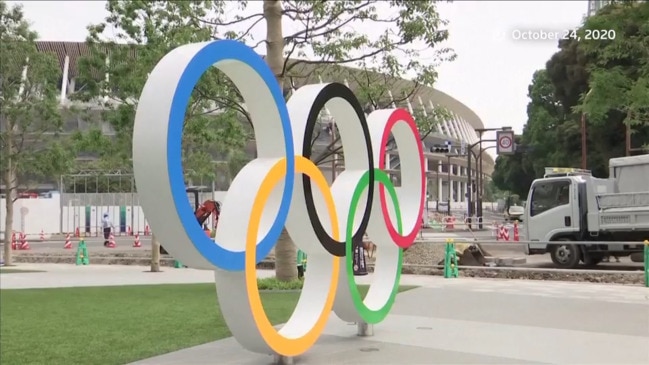
Swimming
Don't miss out on the headlines from Swimming. Followed categories will be added to My News.
Fresh questions are being asked about some of the key claims that Chinese investigators relied on when they secretly acquitted 23 of their national swimmers after they tested positive for a banned heart drug in 2021.
According to a new documentary by German broadcaster ARD, which spent two years investigating the case, the Chinese swimmers who tested positive for trimetazidine (TMZ) were not staying at the same hotel where investigators claimed to have found traces of TMZ in the kitchen.
If true, that contradicts one of the decisive findings from the formal investigation, which reported that the swimmers were all staying at the same hotel where TMZ was supposedly found in spice containers, drains and an extraction fan.
In a fact sheet about the case, published by the World Anti Doping Agency (WADA), that claim was cited as one of the main reasons the tests were regarded as accidental contamination rather than intentional doping.
“The swimmers were in the same place at the same time when the positive samples arose,” according to WADA’s fact sheet, which also reported that none of the swimmers staying at other hotels tested positive.
That was noted as adding plausibility to the contamination theory.
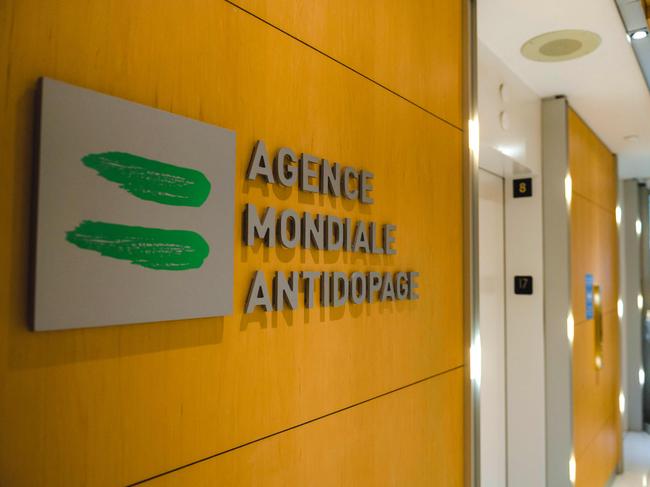
However, ARD says it has uncovered evidence disputing that claim, citing social media exchanges between the Chinese swimmers saying they were housed in different hotels.
The German documentary maker also claims that whistleblowers, speaking confidentiality, said some of the swimmers who tested positive were never told about their adverse findings or even contacted by China’s Ministry of Public Security, who took over the investigation from CHINADA, China’s anti-doping regulator.
That itself is highly unusual, particularly as the ministry is the same intelligence agency that was used to catch Chinese dissidents who participated in the 1989 Tiananmen Square protests.
According to ARD’s whistleblowers, the Chinese swimmers who were contacted were interrogated and warned not to tell anyone about the test results.
ARD also questioned the officials report that said the swimmers who tested positive came
from different parts of the country and had been together before, implying there could not have been any mass doping program. ARD said the swimmers had all attended a secret training camp together in Beijing in the months before they tested positive.
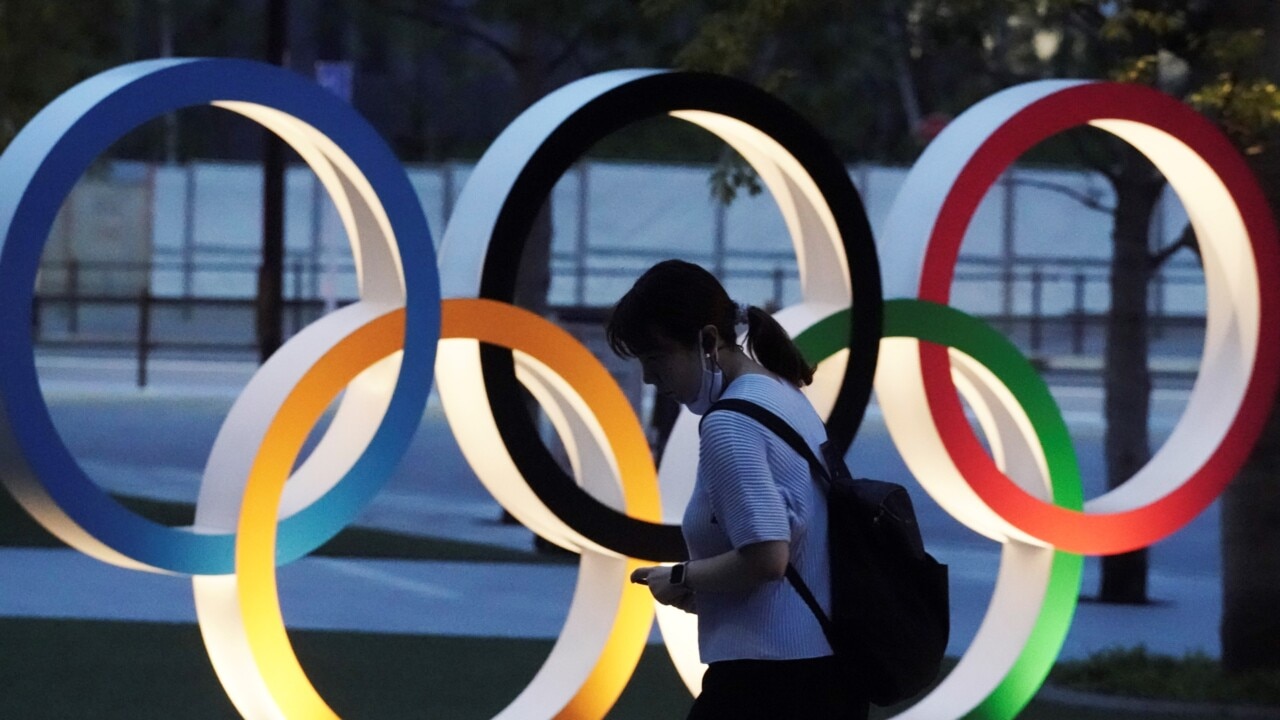
The revelations will intensify calls for WADA to reopen the investigation after it had secretly agreed to accept China’s rulings without imposing any sanctions on the swimmers, even though athletes normally incur automatic bans when prohibited substances are found in their bodies.
Facing intense scrutiny after the story was broken by this masthead on April 20, WADA did agree to an independent review into whether it had breached any of its own regulations or shown any bias towards the Chinese.
The review found WADA had acted fairly, but the agency has repeatedly said it would look at any new evidence that emerges.
Swimming’s global governing body World Aquatics was also cleared of any wrongdoing after it conducted a separate review, though it did make a number of recommendations, and revealed that it had ordered extra drug tests on all the Chinese swimmers competing at the Paris Olympics.




